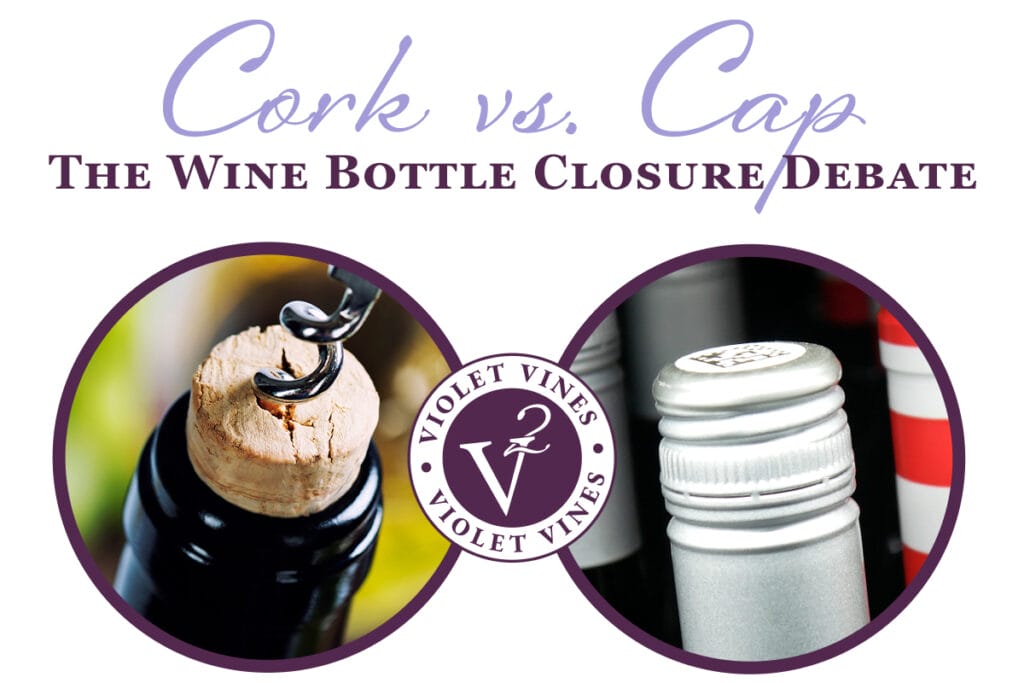The Wine Bottle Closure Debate
August 21, 2023
Corks vs Screw Tops
One of the topics most hotly contested in the Zawada household or between April and I is the use of corks versus screw caps.
Here’s a summary of our debate and we welcome your feedback!
Brian’s Thoughts
Screw Top Pro’s: Easy to open, no corkscrew required; less expensive from a wine-making perspective; less environmental impact when compared to harvesting cork (real or hybrid); no cork taint risk; easier to store the bottles (no need to lay them flat); ages consistently and no bad bottles due to leakage.
Screw Top Con’s: Often perceived as lower quality; for those that value being traditional, this is perceived as non-traditional.
My conclusion: Employ both situationally depending on label! Our ports and Ultra Violet’s will always be corked, possibly our single clone bottling’s too. Others… I’d like to begin using the screw tops but I fear I’ll lose that battle to April!
April’s Thoughts
Cork Pro’s: Wine and cork are two incredible gifts from nature! Did you know that cork is derived from outer bark of cork oak tree and is harvested every nine years without harming the tree? Aside from the fact that it is 100% biodegradable, recyclable and sustainable, cork forests retain up to 14 million tons of CO2 every year which reduces greenhouse gases. They also have the smallest carbon footprint of any standard wine closure. A great impact on the health of our planet!
Cork is so exceptional that no human has been able to replicate its unique properties. There are 800 million cells in a single cork stopper! Its incredible honeycomb elastic structure makes it the only solid which, when compressed on one side, does not increase in volume on the other. It is impermeable to liquids and gases creating a perfect seal.
It is also the best method for aging fine wine. A big misconception is that cork is “permeable” to oxygen thus allowing the wine to breath. Rather, its cellular structure contains a unique mixture of oxygen and phenolic compounds. After bottling, it’s the oxygen impregnated within the cork stopper (and not the outside air) that circulates and interacts with the wine enabling it to mature. This remains vital to the aging process and cannot be achieved with metal screw top closures.
Screw tops may be practical and easier to open but who doesn’t love the tradition and ritual of uncorking a beautiful bottle of fine wine? It is an unbreakable bond between winemaker, wine and consumer. Aluminum screw caps are also more prone to faults such as oxidation, and I’ve come across one or two screw caps whose seal has been broken and twisted. Most consumers will not question a bottle sealed with cork, but may think twice about the quality of a screw top wine. Although screw tops do not carry the risk of TCA, many cork companies now employ new technologies to screen and remove any detectable TCA with various natural methods such as steam.
Cork Con’s: More expensive and can harbor TCA.
April’s conclusion: If you want to drink a newly bottled wine without aging it, then a screw cap can work just fine. If your intentions are to enjoy a fine bottle of wine that will get better with time, then a natural cork is undeniably better!

